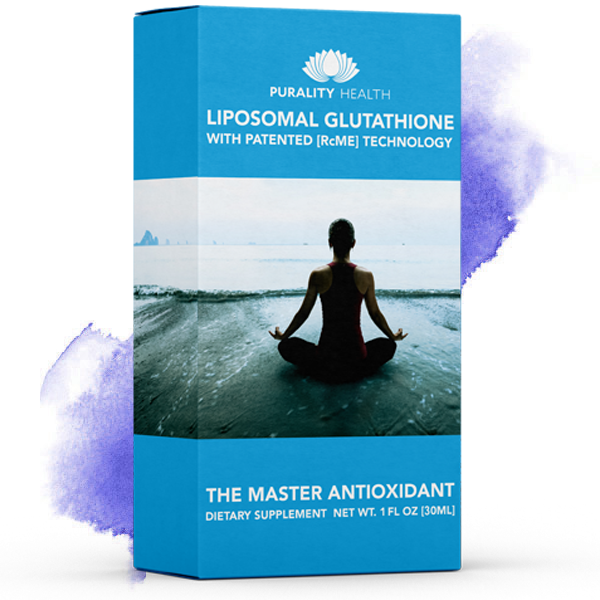Glutathione For Hangovers – Does It Work?
When we wake up in the morning with a pounding headache and turning stomach, we’re filled with nothing but regret for having a few too many the previous night. But the thing is that we can’t go back to stop ourselves. Sometimes we just get carried away. It’s okay! It happens to the best of us. 
But now that you’re awake with a hangover – how do you fix it?
There are a few tips for helping a hangover:
- – Drink fluids to restore hydration
- – Take B vitamins or zinc
- – Make a coffee or tea
- – Get some carbs in you
- – Go back to bed
There are also things that you can do while you’re drinking in order to lower the risk of a hangover:
- – Drink a glass of water between drinks
- – Avoid darker drinks
- – Make sure you’ve eaten
- – Drink less and drink slower
One piece of advice floating around out there regarding a hangover fix has to do with an antioxidant called glutathione. Is it true?
We wanted to dive in and answer the question for real – does glutathione help a hangover?
How Alcohol Affects The Body
First, it helps to understand how alcohol affects the body.
Alcohol is a diuretic, meaning it makes you urinate more and lose water at a faster rate. In fact, for every glass of wine drank, 120 ml of water is lost. This is why it’s so important to increase water intake when consuming alcohol.
Additionally, alcohol contributes to inflammation. When the liver breaks down alcohol, it produces a by-product called acetaldehyde. Acetaldehyde breaks down to form free radicals which cause damage throughout the body known as oxidative stress. They also cause inflammation, leaving you feeling tired, stiff, and generally unwell.
On top of these two things, alcohol disrupts the sleep cycle by blocking the REM stage of sleep. This is why you may still feel tired after drinking, even if you slept for much longer than usual.
 So, How Does Glutathione Help Hangovers?
So, How Does Glutathione Help Hangovers?
Glutathione isn’t necessarily going to help your hydration levels. But it could help with the other two main hangover causes.
Glutathione levels may have a link with sleep quality. This idea is being looked at following a study that found that those with insomnia had significantly lower levels of glutathione than those who were not experiencing issues sleeping. [1]
But research is better established in relation to glutathione and oxidative stress. As mentioned above, free radicals are created when the body breaks down alcohol, which increases oxidative stress. Glutathione – the master antioxidant – is great at neutralizing these free radicals and reducing the damage they’re able to cause.
Additionally, alcohol intake depletes glutathione levels. [2,3] So, not only do you now have an increase in free radicals, you have a decrease in the body’s most powerful antioxidant. It needs time to make more, but if you’re hungover, you need it sooner rather than later.
But will supplementing it work fast enough?
Unfortunately, there have yet to be any open-access studies looking at glutathione’s effect on hangovers. However, one study gave rats N-acetylcysteine (NAC), a precursor to glutathione production in the body, and found that the newly created glutathione offered a decrease in oxidative stress overall following alcohol intake. [4]
So, taking glutathione when hungover may help your body regenerate the lost antioxidant much faster and eliminate the free radicals created from the alcohol.
But there may be a better way…
Why Let Glutathione Deplete In The First Place?
If a night out drinking drains your much-needed glutathione, it stands to reason that you should go in prepared.
If you’re already maintaining your glutathione levels, making sure you have enough time to get a night of good sleep, and staying hydrated while you drink – you may be able to drastically reduce the impact of your hangovers.
Glutathione naturally decreases with age. And researchers have linked low glutathione levels with a very wide range of health issues.
But maintaining your glutathione levels could also positively impact many other facets of your life and overall health.
References And Resources
- https://www.sciencedirect.com/science/article/abs/pii/S0278584612000437
- https://www.eurekalert.org/news-releases/523585#:~:text=Chronic%20alcohol%20abuse%20causes%20a,Atlanta%20Veterans%20Affairs%20Medical%20Center.
- https://www.ncbi.nlm.nih.gov/pmc/articles/PMC1930162/
- https://www.nature.com/articles/s41598-021-92676-0



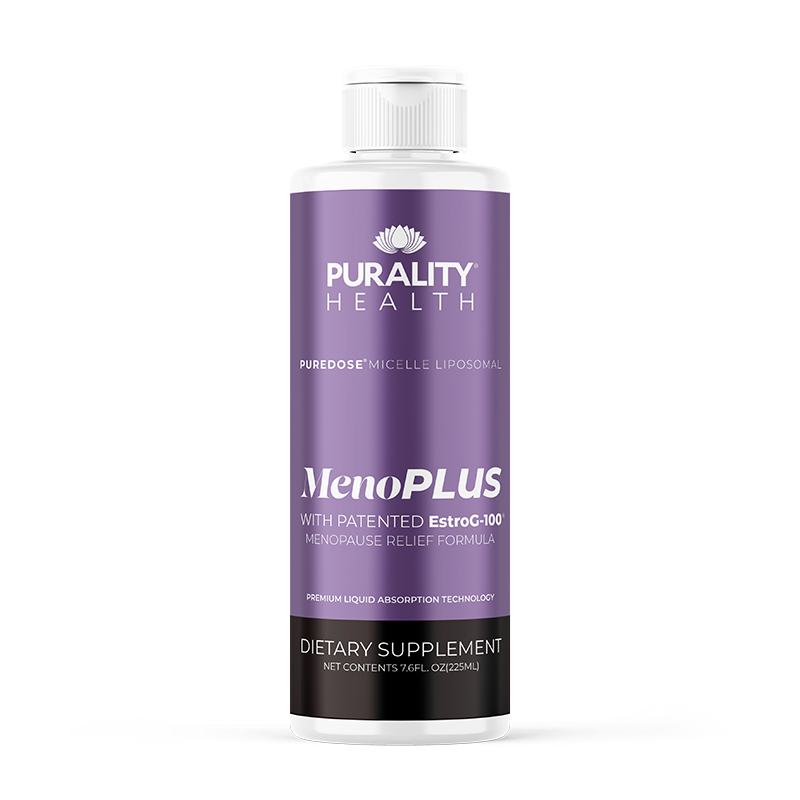
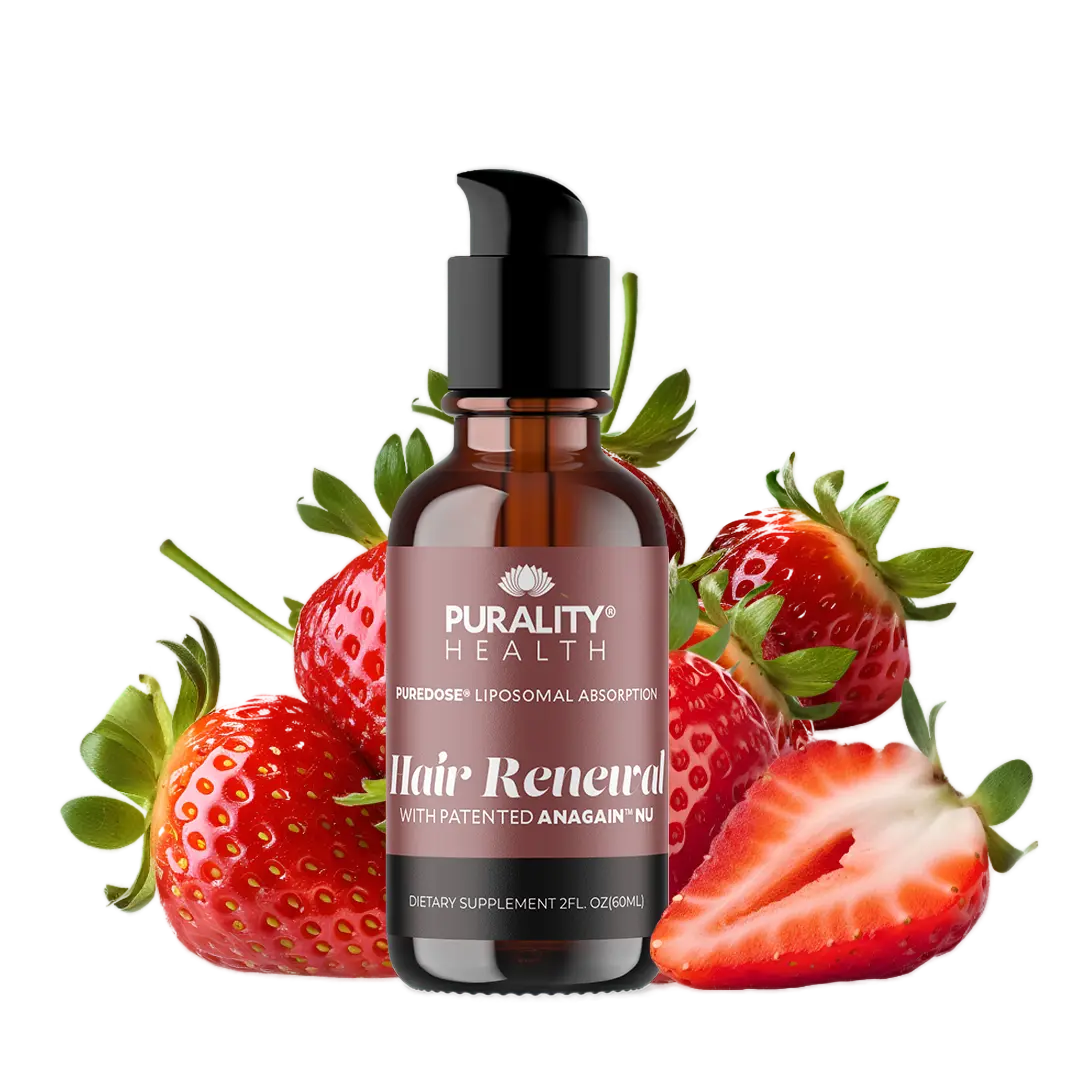
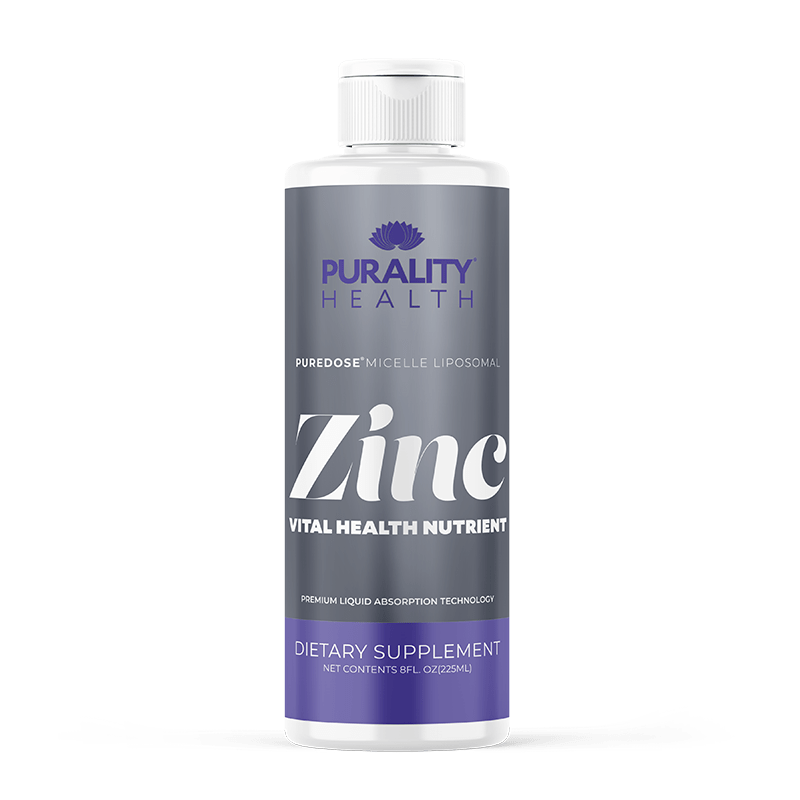
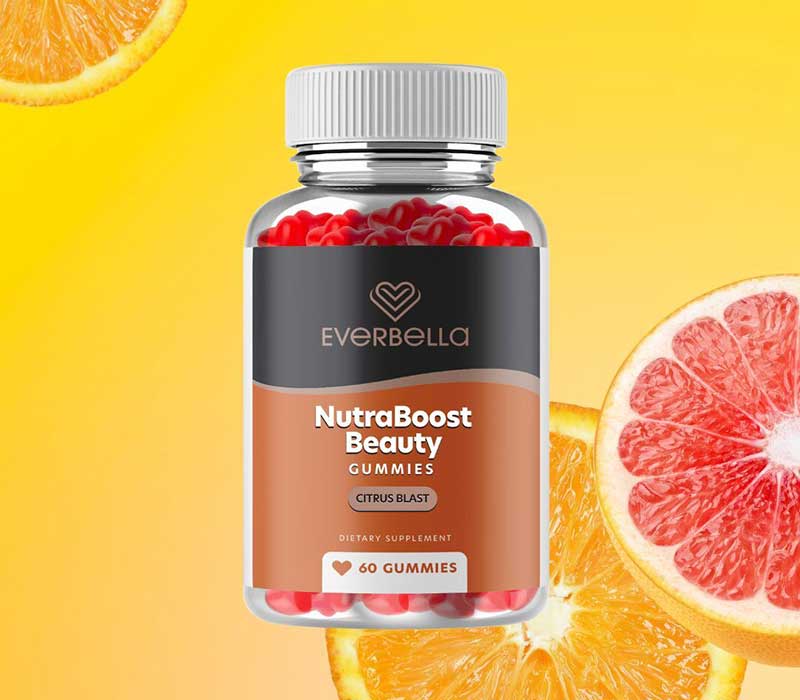
 So, How Does Glutathione Help Hangovers?
So, How Does Glutathione Help Hangovers?